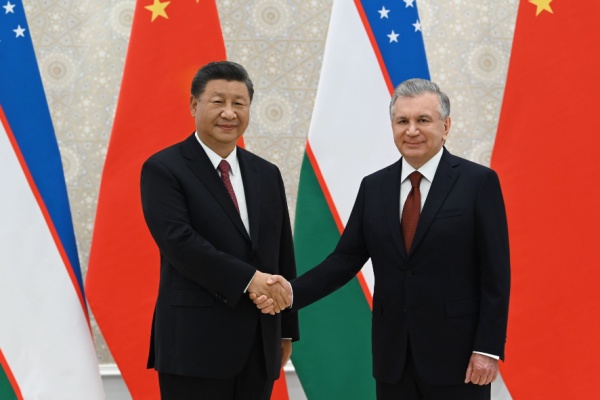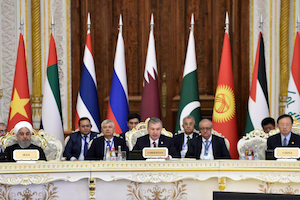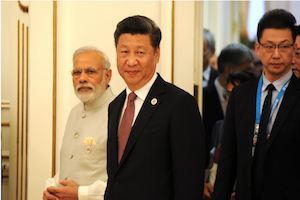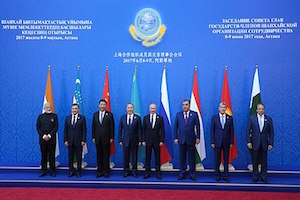China’s Free Riding in Central Asia’s Security Arrangements
By Vali Kaleji
June 20, 2024
Contrary to the economic, financial, and commercial domains where China has supplanted Russia in the five Central Asian states, Beijing is reluctant to assume a similar role in defense and security. China’s strategy, characterized by “free riding” at the expense of Russia and the Collective Security Treaty Organization (CSTO), has significantly influenced the Shanghai Cooperation Organisation’s (SCO) passive and conservative stance. Indeed, this aspect of China’s “soft power” has been instrumental in mitigating the escalation of anti-Chinese sentiments and “Sinophobia” within the region. By adopting a free riding approach and refraining from direct intervention in Central Asia’s security arrangements, China has been able to concentrate on economic, trade, and transit relations, particularly the Belt and Road Initiative. This strategy has facilitated China’s ability to address competition and strategic threats in other regions, notably Asia-Pacific and the Indian subcontinent.
Impact of the US-Iran Confrontation on Central Asia
By Uran Botobekov
October 3, 2019, the CACI Analyst
Increasing political and economic pressure on Iran, exacerbated by the renewed economic sanctions resulting from the U.S. withdrawal from the 2015 nuclear deal known as the Joint Comprehensive Plan of Action (JCPOA), has led Tehran to seek support from the two major Eurasian political and economic powers Russia and China. Iran has also increasingly turned its attention toward its neighbors in Central Asia, which remain closely integrated into the political, economic and military projects of Moscow and Beijing. Central Asian leaders are well aware that a possible armed conflict between the U.S. and Iran would adversely affect Eurasian security.

The India-China Clash and the Expanded SCO
By Stephen Blank
October 16, 2017, the CACI Analyst
The recent Indo-Chinese crisis over the Doklam area has been peacefully resolved for now, yet its repercussions risk spilling over to both South and Central Asia and beyond. The Doklam clash has demonstrated to China that it can no longer push India around, and India immediately registered that lesson in self-confidence by stating that it will play a larger role in Southeast Asia, another area where they both jostle for influence. Similarly, we can expect an expanded rivalry in Central Asia, not least within the framework of the Shanghai Cooperation Organization (SCO) now that India and Pakistan are both members.

Has the SCO Solved its Expansion Dilemmas?
By Richard Weitz
August 3, 2017, the CACI Analyst
The June Shanghai Cooperation Organization (SCO) summit in Astana marked the SCO’s first membership expansion since its creation in 2001. By finally ending this logjam, the SCO has raised expectations of continued enlargement and increased geopolitical weight. However, major obstacles to further growth persist; meanwhile, more members deepen the mutual tensions and rivalries within the institution.

Uzbekistan-Tajikistan: game over, but what is the score?
By Farkhod Tolipov
December 15th, 2016, The CACI Analyst
Uzbekistan’s and Tajikistan’s independence in 1991 raised the Shakespearean “To be or not to be?” question concerning the ambitious construction of a dam on the mountainous Vakhsh river in Tajikistan, which would embody the Rogun Hydro Power Station. Uzbekistan – a downstream country – has permanently and vigorously rejected and resisted the project referring to numerous risks associated with Rogun for all downstream countries. Uzbekistan’s president has been the principal political antagonist of this project. Two months after his death in September 2016, Tajikistan’s president has decided to move on with the project.



